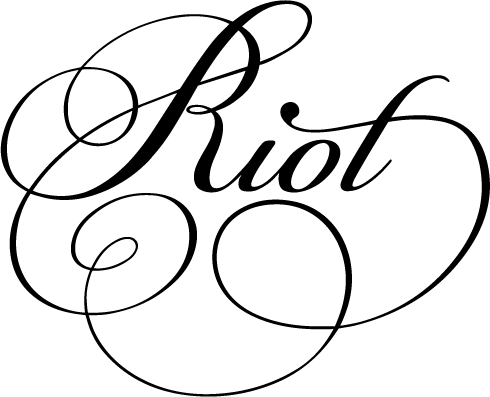Talking Points – Granta’s Best of Young British Novelists list
5 May 2023 -
We’re trying something new at Riot. We’ll regularly pick a story from the world of culture and entertainment and look at how it has played out in the media – and beyond – over the course of a few weeks.
First up: James Douglas examines how the media covered the announcement of Granta’s ‘Best of Young British Novelists’ list.
A once-in-a-decade occurrence, this list from the quarterly magazine tips the 20 writers shaping the future of British writing. The magazine is owned by Granta Trust, a charity set up in 2019 ‘to promote new and emerging writing’ and it claims to be ‘celebrated for its ‘Best of Young’ issues, which introduce the most important voices of each generation – in Britain, America, Brazil and Spain – defining the contours of the literary landscape.’
Infrequent as it is, Granta has a track record of spotting emerging stars who have gone on to great success, including the likes of Kazuo Ishiguro (Remains of a Day), Jeanette Winterson (Oranges Are Not the Only Fruit) and Zadie Smith (White Teeth). Outside of publishing, The BRITs Rising Star award offers a useful comparison.
On 13th April, the magazine revealed its ‘fifth generation’, a selection which got the publishing world talking. (Granta, 13th April 2023)
The Irish question
On the day of the announcement, The Times was baffled by the omission of Irish author Sally Rooney, whose impact on writing in Britain is undeniable. Robbie Millen mourned the ‘death of the celebrity novelist’ and the ‘moment when novelists were sexy’ and questioned why Rooney – ‘a mere two-hour drive from the UK border, and the creator of a thousand young British imitators’ did not qualify. The UK & Irish book markets are considered one in the eyes of British publishing and so this difference when it comes to the Granta list stands out. (The Times, 13th April)
Pale and female
A few days later, the weekend papers had their say. The list is less ethnically diverse than in 1983, a fact observed by Johanna Thomas-Corr in The Sunday Times, suggesting this perhaps shouldn’t come as a surprise, ‘given that most of the people who commission, edit and promote fiction are white women.’ (The Sunday Times, 16th April)
Rise of the indies
The same day, The Observer noted that several of those featured on the list have been published by small independent presses, suggesting an industry with room for houses big and small in 2023. (The Observer, 16th April)
The writers’ take
Others were interested in what the nominated writers themselves had to say. A Telegraph piece (16th April) saw Derek Owusu, Sophie Mackintosh and Eliza Clark reflect on what the idea of ‘Britishness’ means to them as writers in 2023.
https://www.telegraph.co.uk/books/authors/granta-best-of-young-british-novelists-believe-britishness/
The view from social media
Book prizes, lists and other literary accolades always provoke a lot of discussion on social media. It’s an industry that is sometimes criticised for lionising youth, something noted by the writer Amanda Craig, who pointed out how this can impact female writers’ prospects, in particular. The writer Jonathan Gibbs and others meanwhile pointed out that the list is still useful for those seeking exciting new writing.
The list-makers’ defence
For all its detractors, there were those who acknowledged the difficulties of putting together such a list without provoking criticism. The journalist and editor Alex Clark (the Guardian), herself a former judge, addressed the question of age, saying in an interview on BBC Radio 4 Open Book (16th April) that the criteria ‘will always exclude as well as include…it’s a snapshot’. On the same programme, Granta publisher and editor Sigrid Rausing explained that the panel ‘didn’t think about any aspect of identity’ in compiling the list. (BBC Radio 4 Open Book, 16th April)
The verdict
As the dust has settled, discussion in the media ranges from glowing profiles of those on the list to disappointment over the omission of certain names. We get the more varied views of writers and readers when we turn to social media – revealing a desire for updated criteria and for greater diversity while acknowledging the achievements of those who have been recognised.





